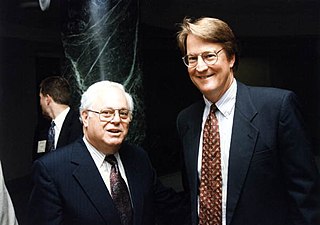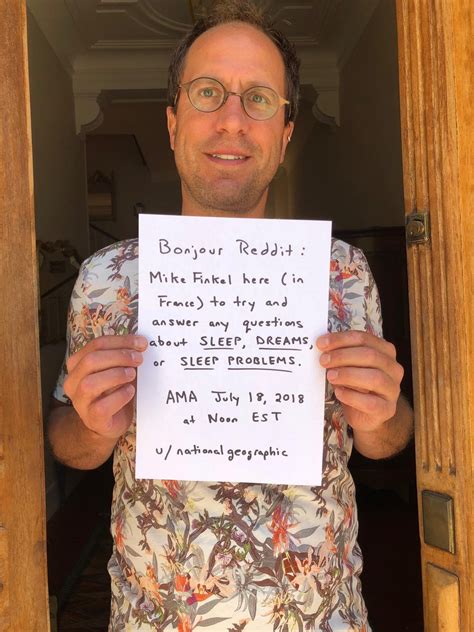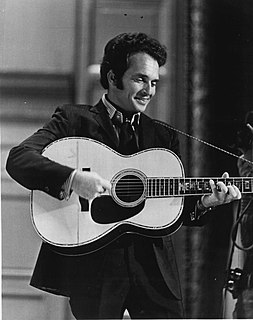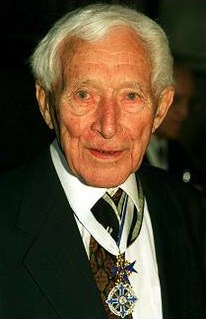A Quote by Paul Simon
As long as you have capital punishment there is no guarantee that innocent people won't be put to death.
Related Quotes
We have a legal system, and this is not something that happens all the time. We have capital punishment. America has capital punishment. Iran has capital punishment. Iran hangs people and leaves their bodies hanging on cranes. Iran put to death more than a thousand people last year. I don't see EU reporting on it.
It is significant that, as innocent babies are killed, and capital punishment is withheld from their murderers, the same men who plead for the murderer's life also demand the “right” to abortion. Usually, the same picketers that carry a sign one day, “Abolish Capital Punishment,” also carry “Legalize Abortion” another day. When this is called to their attention, their answer is, “There is no contradiction involved.” They are right: the thesis is “condemn the innocent and free the guilty.
No matter what his crimes were, Alton Sterling did not deserve to be executed for them. Look, guys, the punishment for resisting arrest shouldn't be death. The punishment for selling bootleg CDs shouldn't be death. The punishment for having a gun in an open-carry state shouldn't be death. The punishment for being a black man shouldn't be death.
When in Gregg v. Georgia the Supreme Court gave its seal of approval to capital punishment, this endorsement was premised on the promise that capital punishment would be administered with fairness and justice. Instead, the promise has become a cruel and empty mockery. If not remedied, the scandalous state of our present system of capital punishment will cast a pall of shame over our society for years to come. We cannot let it continue.
I think we have to have capital punishment, I think there has to be something to contain certain people. Those deterrents I think are necessary, especially in prison. You can threaten people for just so long, but they can flip you off and do what they want to; but not if they have to die. I hate it, though, the thought of the death penalty is terrible, but it's completely necessary.
It's a tract against capital punishment in the genre of Swift's Modest Proposal. I was simply following a formula to its logical conclusion. Some people appear to have understood it. The publication of Naked Lunch in England practically coincided with their abolition of capital punishment. The book obviously had a certain effect.
The (capital punishment) controversy passes the anarch by. For him, the linking of death and punishment is absurd. In this respect, he is closer to the wrongdoer than to the judge, for the high-ranking culprit who is condemned to death is not prepared to acknowledge his sentence as atonement; rather, he sees his guilt in his own inadequacy. Thus, he recognizes himself not as a moral but as a tragic person.
Those subject to capital punishment are real human beings, with their own backgrounds and narratives. By contrast, those whose lives are or might be saved by virtue of capital punishment are mere 'statistical people.' They are both nameless and faceless, and their deaths are far less likely to be considered in moral deliberations.




































